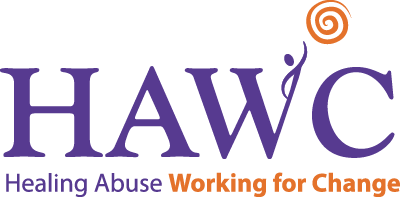Whether you belong to a religious community or not, religion and culture are frequently intertwined, and no doubt has influenced your life and the lives around you.
Of the variety of traditions, from Judaism to Islam, Buddhism, Hinduism, and varieties of Christianity, many religions can operate simultaneously as a roadblock and a resource for people experiencing domestic abuse.
Because abuse affects people in all areas of their life, access to spiritual support can be a major source of healing. Religious texts and teachings can help survivors find safety, and the community offered by religious tradition can give support and counsel.
On the other hand, these religious texts, teachings, and communities can also be used to condone or excuse abusive behavior. A focus on the sanctity of marriage instead of the health of a survivor, an emphasis on potentially harmful gender roles, or a general culture of shame, can result in many within a religious community discouraging survivors from escaping violent relationships. Abusers themselves might employ these teachings to make survivors feel guilty or isolate them from their religious community.
Because there is such a thin line between using religion as a support system and using it as a tool for abuse, it is essential that religious leaders have a complete understanding of the issues surrounding domestic abuse. There are many ways to show survivors in your community that you are passionate about fighting against domestic abuse:
- Reach out. Consider partnering with your local domestic abuse organization to create educational programs or fundraising events that might enable you to learn more about the issues in addition to providing your community with an additional, professional resource. Volunteer your time, share your resources, and raise money for these organizations, which seek to protect the people in your community just as you do.
- Educate. Don’t be afraid to talk about domestic abuse in your faith community. Consider putting information in your bulletin or newsletters, or bring a domestic abuse organization to church group and sub-committee meetings. Be sure to have your local domestic abuse organization’s contact information hanging somewhere in the clergy offices or restrooms, and create a way to talk about these issues in Sunday School or with the children so that they can understand what behaviors are healthy and unhealthy in relationships.
- Offer support. Above all, create a worship space that makes survivors feel safe and supported. Talk to survivors, help survivors plan for safety, and reinforce the idea that abuse is never a survivor’s fault. Support is the greatest gift you can give on the path towards healing.
References
- “Domestic Violence and Religion.”Ohio Domestic Violence Network. Retrieved from: http://www.odvn.org/resource/religion.html.
- “Faith and Religion.”PCADV: The Pennsylvania Coalition Against Domestic Violence. Retrieved from: http://www.pcadv.org/Learn-More/Domestic-Violence-Topics/Faith-And-Religion/.
- Fortune, Marie and Cindy Enger. (March 2005). “Violence Against Women and the Role of Religion.” VAWNet: The National Online Resource Center on Violence Against Women, The National Resource Center on Domestic Violence. Retrieved from: https://vawnet.org/material/violence-against-women-and-role-religion.


